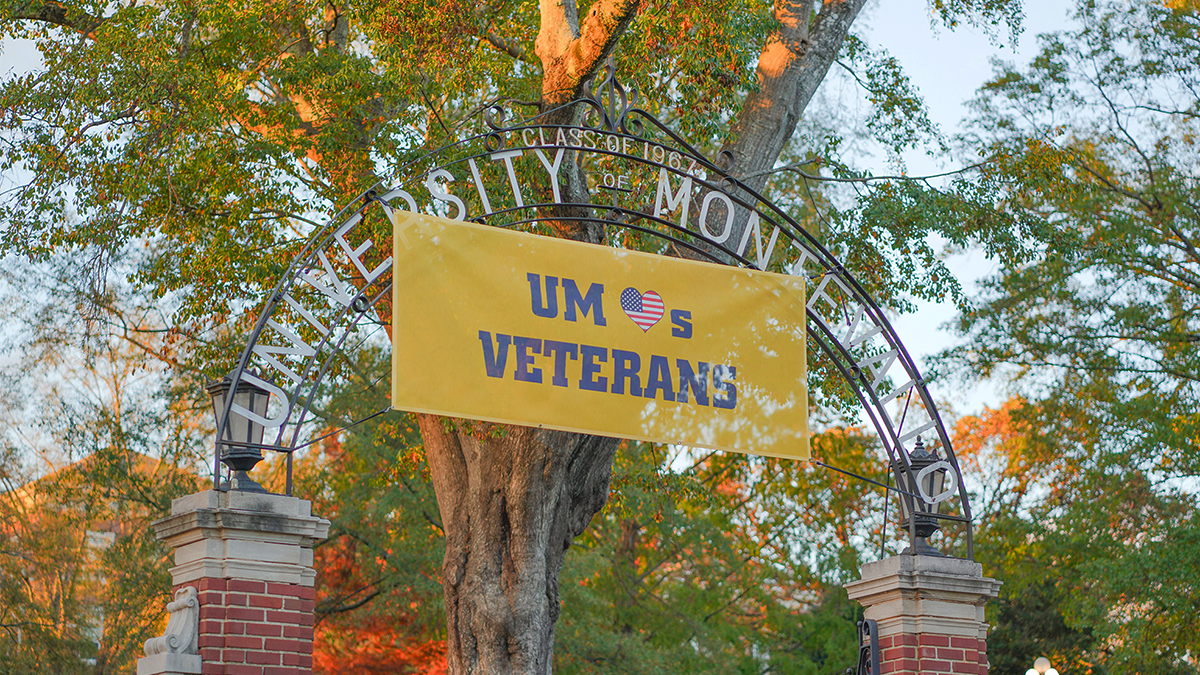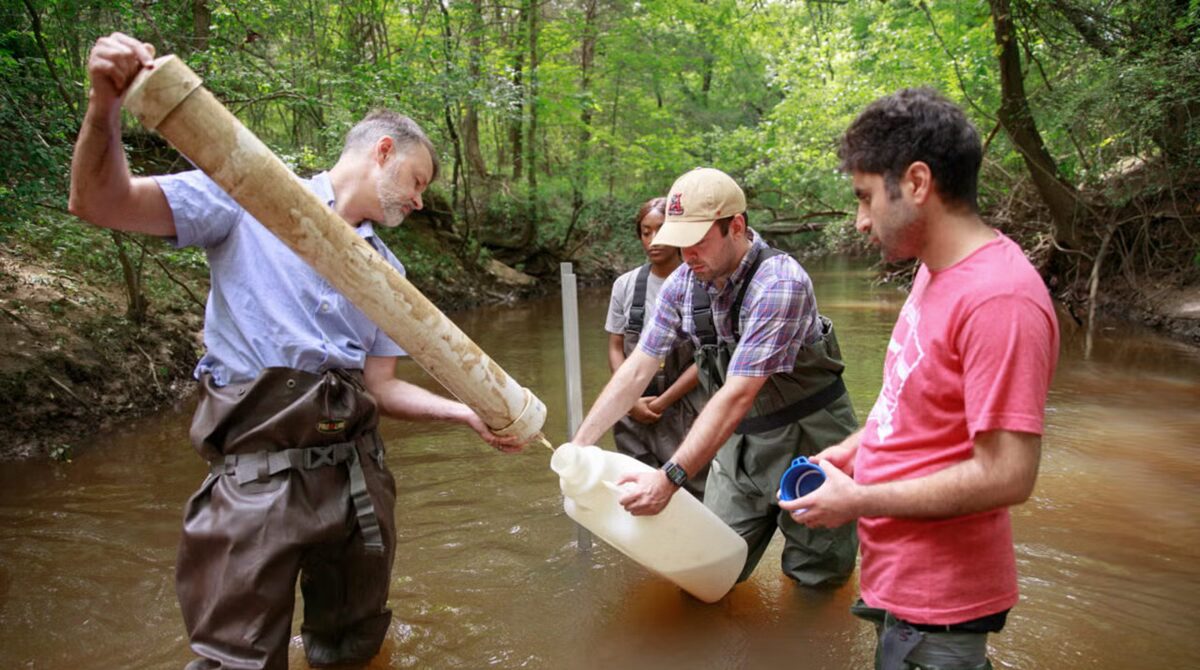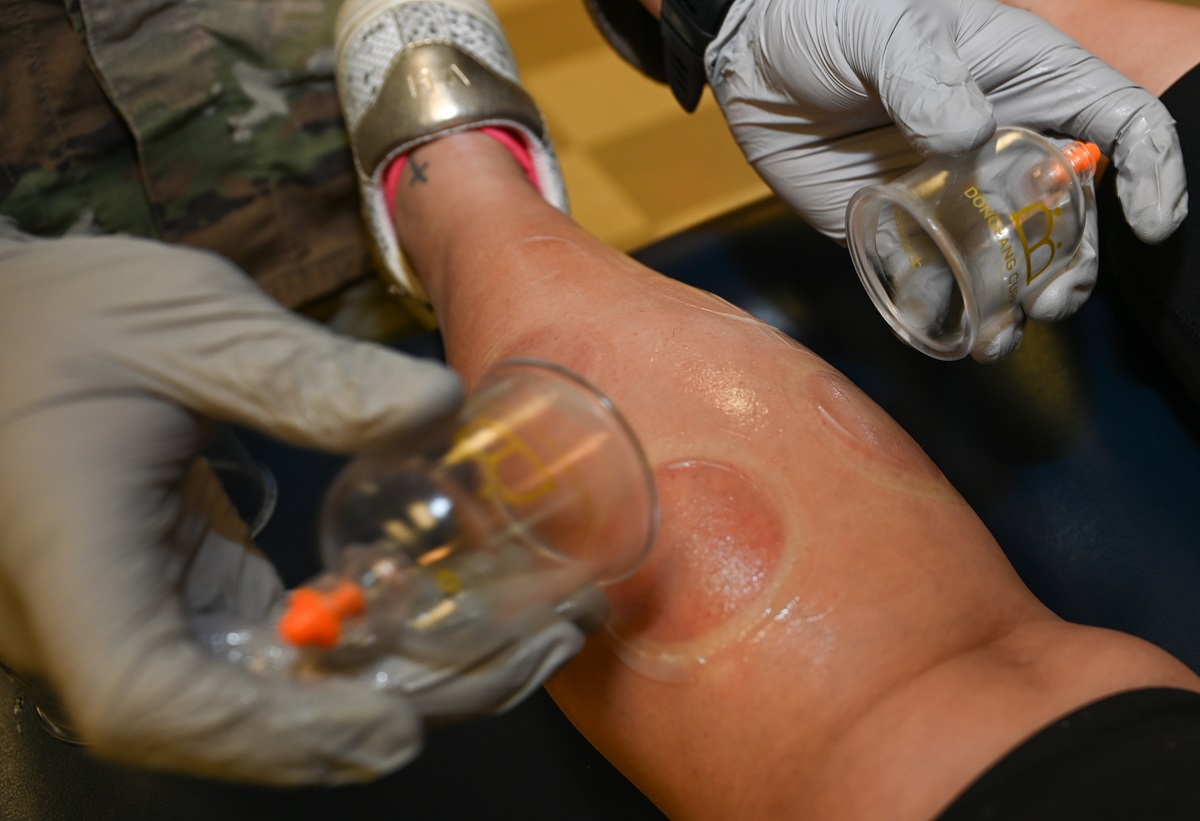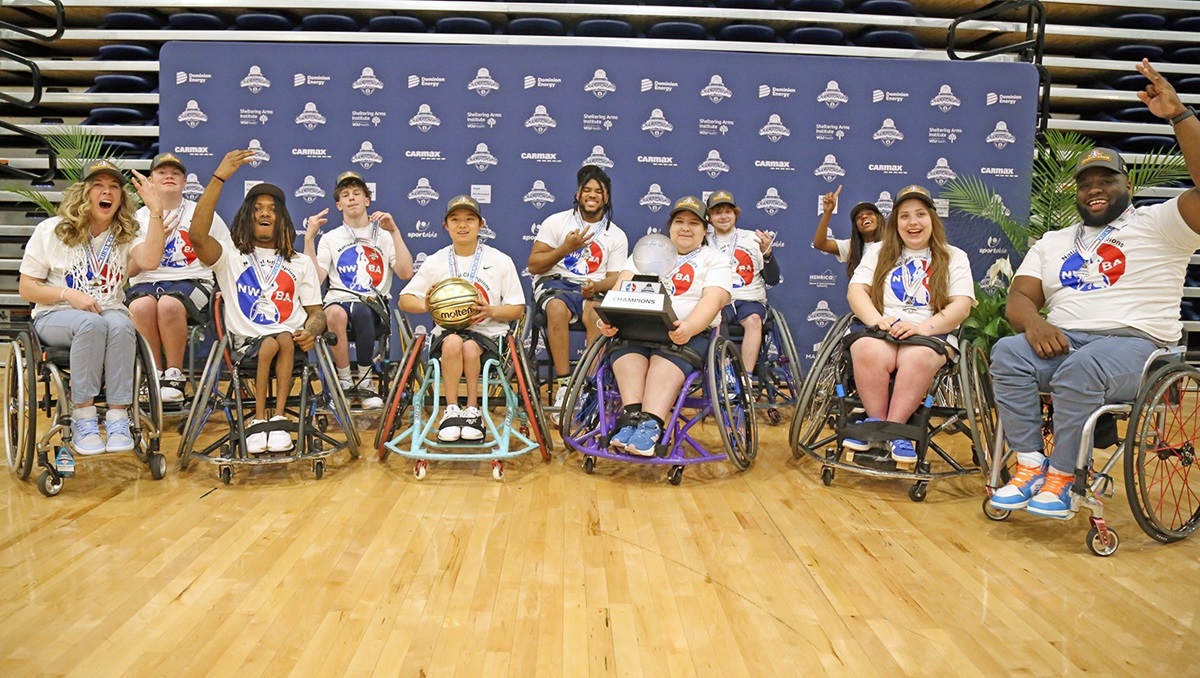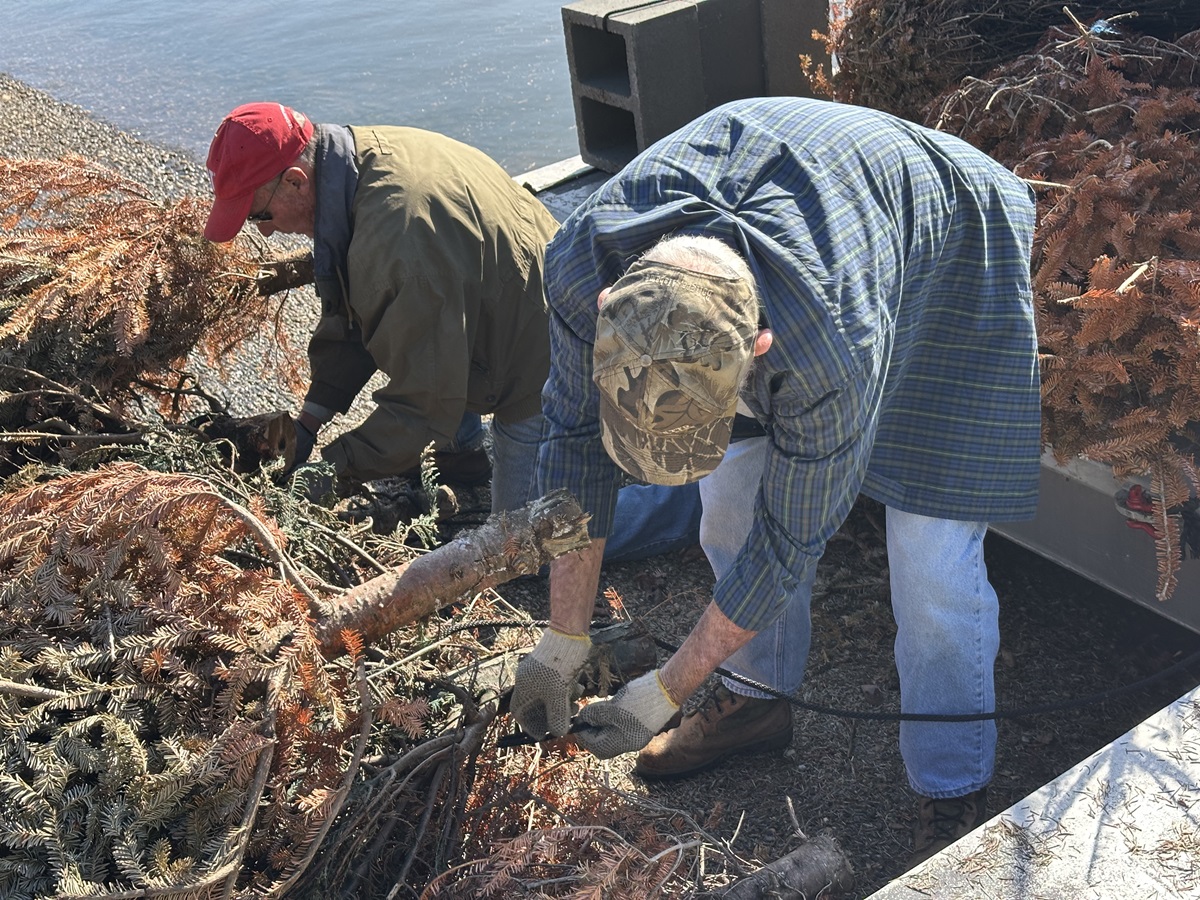How Pearl Harbor and WWII changed a future Alabama historian’s life

The Japanese attack on Pearl Harbor 75 years ago today, on Dec. 7, 1941, remains a searing memory for a few remaining eyewitnesses and many whose formative years were shaped by the events of that day, including Alabama historian Leah Rawls Atkins. (National Archives/Department of the Navy)
I remember exactly where I was on Sunday, Dec. 7, 1941. At that time, I had no idea how the Japanese attack on Pearl Harbor would affect my life. As I became an adult, I realized that the event that most influenced my growing-up years – and the rest of my life – was World War II. And for the United States, that war began with the Japanese surprise attack 75 years ago on Pearl Harbor.
In January 1939, my parents purchased a 1920s-era red-stained, batten and board dog trot house on the Black Warrior River at Camp Oliver. The house was constructed soon after the Army Corps of Engineers completed Lock 17, which raised the water level and allowed towboats and barges to reach Birmingham Port and the iron and steel products of the Tennessee Coal, Iron and Railroad Company’s Fairfield works. Just in time for the beginning of World War I in 1914, loaded barges, moving deeply in the water, were headed from Birmingham down the Warrior, Tombigbee and Mobile Rivers to Mobile to be shipped through the Gulf of Mexico to the East Coast or to Britain.
My parents and I were at the river that weekend of Dec. 7, unusual because the house, which did have electricity, had only a fireplace for heat. There was no insulation in the walls or roof and the wind whistled through the house at night. But Daddy had some work to do, so in December we all went to the river wearing layers of warm clothes and slept under heavy blankets with hot water bottles.
That Sunday, I was standing on the screened porch facing the slough and Daddy was in our front yard working when a neighbor hollered to Daddy across the water for him to “Turn the radio on! The Japanese have bombed Pearl Harbor!” I was only in first grade, but I had listened to enough radio news broadcasts with Daddy to understand that the Germans were at war with France and England. This was why my cousin Frank Austin Beavers, who we called “Sunny,” a student at Birmingham-Southern College, began working at ACIPCO to earn money for flight lessons. Sunny joined the U.S. Marine Corps and was flying planes in the Caribbean before Pearl Harbor.
On Dec. 7, on our ride home from the river, Daddy explained what the attack on the American territory of Hawaii meant to our family and our country. The next day, President Franklin D. Roosevelt addressed an emergency session of Congress formally requesting a declaration of war on Japan. He said a state of war already existed because of that nation’s unprovoked attack on American territory, the loss of life, and the destruction of U.S. battleships and destroyers at Pearl Harbor. The president said the surprise attack on Pearl Harbor was “a day that will live in infamy.”
A family joins the fight
My cousins who were old enough began to enlist and leave for training. My uncles who were young enough enlisted, too. Uncle Charlie had flown in World War I in France; he joined Gen. Asa Duncan in Savannah to put together the U.S. Eighth Air Force, which would transfer to Great Britain and regularly bomb Berlin from England. Uncle Charlie’s son, my cousin Charles III, was stationed in England with a troop carrier command responsible for food supply transport. Sunny’s younger brother, my cousin Charlie Beavers, joined the U.S. Army Air Force and earned his wings at Craig Air Force Base in Selma. Later, Charlie, as a fighter pilot, flew out of North Africa and then from Italy escorting bombers headed to Berlin. Before the war ended, he had flown more than 150 missions. Charlie was eligible to go home after his 100th mission, but believed because he was single, he should allow another pilot, who was a husband and father, to go home using his missions.
Mother’s cousin, Birmingham-born Brig. Gen. John E. Copeland, a career Army officer who fought in World War I, was stationed at Sitka, Alaska, on Dec. 7, 1941. He later fought through central Europe to Berlin as assistant division commander of the 15th Army Regiment, which was one of the first units into Berlin.
Uncle Dick was flying in the Civil Air Patrol out of Rhode Island watching for U-boats off the eastern coast. Uncle John Paul was in the Navy aboard the aircraft carrier USS Enterprise as a radio technician in the Pacific Theater. Fred Jr. was in the Navy, as was my cousin Betty’s husband, James. Cousin Edwin was in the Seabees, using a bulldozer to build air fields where the Air Force wanted them.




A trip west, a final visit
Sunny was transferred to Camp Pendleton, California, for final training before leaving for the Pacific. There was a severe shortage of automobiles on the base and in the state, and Sunny had managed to get extra gasoline ration stamps and permission from the Marine Corps for his mother to drive his little burgundy red Chevrolet from Birmingham to Los Angeles. Since she could not drive so far alone, her sister (my mother) agreed to go and help her drive, but she would have to take me.
So in August 1943, we left Birmingham in the early dawn and headed west. We took the southern route, going through Texas, stopping to see Carlsbad Caverns and going across the border at Juarez into Mexico for a morning. We bought a tin bucket and ice before we crossed the Arizona desert. We put it on the floor under the center front air vent and rolled up all the windows, so we had “air conditioning.”
We visited Sunny for several days, and then said goodbye at the Los Angeles train station. We caught an eastbound troop transport train filled with soldiers from New Zealand and Australia headed to New York and to Europe to fight the Germans. We left the troops in Memphis and boarded a southbound train to Birmingham.
With so many close relatives off at war – my mother was one of nine children – it is amazing that we lost only one. When we left Sunny at the Los Angeles train station in August 1943, it was the last time we saw him. Sunny died in the South Pacific off the coast of Hawaii, not too far from Pearl Harbor, on June 8, 1944. One of the fighter pilots he was leading and training chickened out of his dive bombing exercise and crashed into the back of Sunny’s plane, killing both. Neither body was ever found.
Starting with America’s entry into World War II with Pearl Harbor, the war influenced me for the rest of my life. I appreciated how vast my country really was and how different our people were, yet we were all Americans, fighting together against a common enemy. My love for history grew, and I discovered that knowing geography helped me understand how it influenced history. I appreciated even more my aunts, uncles, and cousins, and as an only child, how important family was, and how much strength family gave to me, and what I could learn from my family if I was just quiet and listened.
















